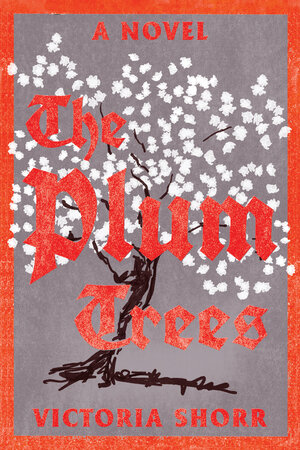The Plum Trees
A poignant tale about one woman’s quest to recover her family’s history, and a story of loss and survival during the Holocaust.
Consie is home for a funeral when she stumbles upon a family letter sent from Germany in 1945, which contains staggering news: Consie’s great-uncle Hermann, who was transported to Auschwitz with his wife and three daughters, might have escaped. This seems improbable to Consie. Did people escape from Auschwitz? Could her great-uncle have been among them? What happened to Hermann? Did anyone know? These questions are at the root of Consie’s excavation of her family’s history as she seeks, seventy years after the liberation of Auschwitz, to discover what happened to Hermann.
The Plum Trees follows Consie as she draws on oral testimonies, historical records, and more to construct a visceral account of the lives of Hermann, his wife, and their daughters from the happy days in prewar Czechoslovakia through their internment in Auschwitz and the end of World War II. The Plum Trees is a powerful, intimate reckoning with the past.
Critics re The Plum Trees:
The Ultimate Summer Escape: Historical Fiction
New York Times
Written with urgency, elegance, and grace, Shorr’s novel is a deeply moving account of a family’s suffering.
Kirkus Reviews
This moving account makes clear the need to remember the horrors of war.
Publishers Weekly
Shorr blurs the distinction between present and past, a technique that demonstrates the undeniable significance of ancestral trauma on current and future generations.
Jewish Book Council
[a] thought-provoking quest to understand the meaning of evil, guilt, and survival.
New York Journal of Books
”The Plum Trees” by Victoria Shorr is based on the author’s own family story.
Jewish Community Voice
The novel is exceptional in its realism. Recommended.
Historical Novel Society

